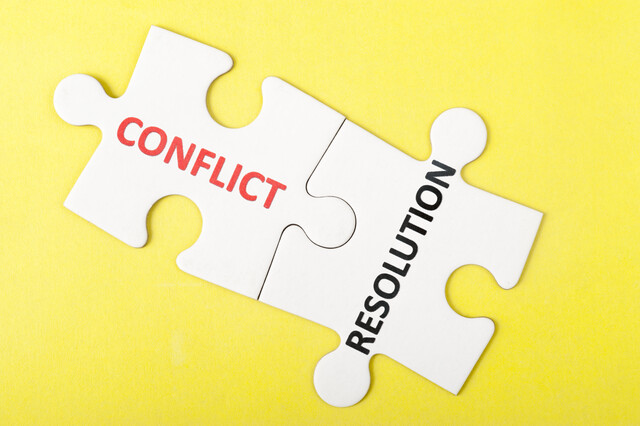Introduction to Ethics
Unlock the Power of Ethical Insight

7 Hours average completion time
0.7 CEUs
15 Lessons
31 Exams & Assignments
51 Discussions
15 Videos
31 Reference Files
68 Articles
Mobile Friendly
Last Updated December 2025
Embarking on the vast expanse of moral philosophy, this immersive course offers a captivating exploration into the world of ethics. More than just a theoretical study, ethics delves into the very fabric of human behavior, urging us to question and reflect upon the principles that guide our actions. Imagine possessing the ability to discern the nuances between what's 'right' and what's merely 'acceptable'.
In the initial nine modules, we unravel the tapestry of moral codes, laying a robust foundation that illuminates the pillars of righteousness, integrity, and virtue. The inaugural lesson unveils the lexicon of ethics, beckoning you into its intriguing world. As we journey from the ancient footprints of philosophical thought to the contemporary dilemmas, lessons two and three chronicle the evolution of ethical thought. The subsequent sessions meticulously dissect foundational ethical theories, offering profound insights into virtue, the social contract, and deontological principles.
A nuanced understanding of ethics remains incomplete without applying it to real-life conundrums. Lessons ten through fifteen present an exhilarating challenge, plunging students into the depths of ethical dilemmas across a plethora of disciplines-be it the corporate corridors, the solemnity of medicine, the intricate world of law, or the bastions of education. Through these modules, you'll learn to scrutinize everyday scenarios, honing your ability to make ethically informed decisions.
Each module is meticulously designed to encourage introspection, peppered with thought-provoking questions that culminate in a quiz. The accompanying answer key is a treasure trove, offering rationale-rich insights, inviting students to revisit and re-examine the text. By the journey's end, you'll not only possess a panoramic view of ethics from its embryonic stages to its modern-day manifestations but also the acumen to apply these principles with finesse and sensitivity.
Course Modules:
- Diving into Ethics: An Introduction
- Tracing Ethical Footprints: Ancient to Renaissance
- From Enlightenment to Modern Ethics
- Branching Out: The Four Pillars of Ethics
- The Odyssey of Moral Evolution
- Straddling Cultures: Universality and Relativity in Ethics
- The Quintessence of Virtue and Natural Law
- Duty Calls: Delving into Deontology and the Social Covenant
- Deciphering Social Contract Theories
- Navigating Ethical Labyrinths: Personal Realm
- Corporate Conundrums: Ethics at Work
- Balancing Scales: Ethics in Medicine and Judiciary
- Boardrooms and Beyond: Ethical Imperatives in Business
- Governance and Ethics: Steering the Ship Right
- Constructing Moral Edifices: Ethics in Education and Architecture
Join us on this transformative journey, and emerge with a refined moral compass, steering through the multifaceted terrains of today's globalized society.
- Application of ethical principles
- Constructing personal ethical codes
- Interdisciplinary ethical insight
- Personal moral development
- Balancing ethical principles and real-world demands
- Understanding of moral philosophies
- Evaluating ethical dilemmas
- Critical thinking and analysis
- Navigating professional ethics
- Ethical decision-making skills
- Cultural awareness in ethics
-

Human Resources Management
-

Conflict Resolution
-

Telephone Skills and Quality Customer Service
-

How to Write Case Studies
-

Habits of Millionaires
-

SalesForce 101
-

Customer Relationship Management
-

Writing Help Course Bundle
-

Anger Management Techniques
-

Kaizen 101 - An Introduction
-

Speed Reading 101
-

Freelance Writing 101
-

Human Resources Productivity Course Bundle
-

Ultimate Secretary Training Bundle
-

Cross-Cultural Communication
-

Listening Skills
-

Time Management 101
-

The Art of Setting Goals
-

Team Building 101
-

Management Consultant 101
-

Generational Diversity in the Workplace
-

Interview Skills
-

General Receptionist
-

Mastering Conversation Skills
-

Respectful International Workplace